SS #57: Heroes First! (with Wendi Capehart)
Wendi Capehart from the AmblesideOnline Advisory board is a very busy lady, so we were thrilled when she — rightly dubbed “the smartest woman on the internet” by Cindy Rollins — agreed to a phone call with us this summer.
Wendi blogs at Wendi Wanders. She has published an e-zine called Education for All. The latest issue contains most of the material from her talk on Imagination at AO Camp, including the material and sources that had to be cut. Click here for more information.
It was something Wendi said at AO Camp during her talk that inspired this conversation. Today, we’re discussing why starting with heroes in a child’s education is not white-washing, and why pointing out the darkness too young might backfire.
Listen to the podcast:
TUNE IN:
Apple Podcasts | Spotify | Stitcher
Kids Need Heroes
Today’s Hosts and Source
Today’s Guest: Wendi Capehart
Let us tell you a little about Wendi. Wendi and her husband Bill have been Christians since their teens. They married at 20 and have been married 37 years. They have seven terrific grown children, 4 stalwart sons-in-law, 14 unsurpassingly wonderful grandchildren, and have also helped raise their two perfectly delightful god-sons (as well as occasionally hosting Japanese exchange students and Ukrainian orphans). The Capeharts have lived all over, most recently in the Philippines for two years, where they served as missionaries with a Christian school in Davao City. In January they will be moving to Malaysia to the city of Kota Kinabalu where they will help establish a learning center, among other projects.
“Remember, we do not want to make cynics of our children too young. It does not increase their discernment. It makes them unbecomingly opinioned, arrogant, and jugdy far too young”
Wendi’s blog post: Ancient History Studies
Scholé Every Day: What We’re Reading
Middlemarch
Middlemarch is a complex tale of idealism, disillusion, profligacy, loyalty and frustrated love. This penetrating analysis of the life of an English provincial town during the time of social unrest prior to the Reform Bill of 1832 is told through the lives of Dorothea Brooke and Dr Tertius Lydgate and includes a host of other paradigm characters who illuminate the condition of English life in the mid-nineteenth century.
More info →Redwall
Welcome to Mossflower Wood, where the gentle mice have gathered to celebrate a year of peace and abundance. All is well…until a sinister shadow falls across the ancient stone abbey of Redwall. It is rumored that Cluny is coming—Cluny, the terrible one-eyed rat and his savage horde—Cluny, who has vowed to conquer Redwall Abbey! The only hope for the besieged mice lies in the lost sword of the legendary Martin the Warrior. And so begins the epic quest of a bumbling young apprentice—a courageous mouse who would rise up, fight back…and become a legend himself.
Perfect for fans of T. A. Barron’s Merlin saga, John Flanagan’s Ranger’s Apprentice series, and J. R. R. Tolkien’s Lord of the Rings series.
More info →Urchin of the Riding Stars (The Mistmantle Chronicles, Book 1)
The start of an exciting new trilogy, Urchin of the Riding Stars is an epic, Shakespearian story of murder, treachery and revenge set on the island of Mistmantle, a world of squirrels, otters, and moles.
More info →The Black Swan
The Black Swan is a standalone book in Nassim Nicholas Taleb’s landmark Incerto series, an investigation of opacity, luck, uncertainty, probability, human error, risk, and decision-making in a world we don’t understand. The other books in the series are Fooled by Randomness, Antifragile, Skin in the Game, and The Bed of Procrustes.
A black swan is a highly improbable event with three principal characteristics: It is unpredictable; it carries a massive impact; and, after the fact, we concoct an explanation that makes it appear less random, and more predictable, than it was. The astonishing success of Google was a black swan; so was 9/11. For Nassim Nicholas Taleb, black swans underlie almost everything about our world, from the rise of religions to events in our own personal lives.
Why do we not acknowledge the phenomenon of black swans until after they occur? Part of the answer, according to Taleb, is that humans are hardwired to learn specifics when they should be focused on generalities. We concentrate on things we already know and time and time again fail to take into consideration what we don’t know. We are, therefore, unable to truly estimate opportunities, too vulnerable to the impulse to simplify, narrate, and categorize, and not open enough to rewarding those who can imagine the “impossible.”
For years, Taleb has studied how we fool ourselves into thinking we know more than we actually do. We restrict our thinking to the irrelevant and inconsequential, while large events continue to surprise us and shape our world. In this revelatory book, Taleb explains everything we know about what we don’t know, and this second edition features a new philosophical and empirical essay, “On Robustness and Fragility,” which offers tools to navigate and exploit a Black Swan world.
Elegant, startling, and universal in its applications, The Black Swan will change the way you look at the world. Taleb is a vastly entertaining writer, with wit, irreverence, and unusual stories to tell. He has a polymathic command of subjects ranging from cognitive science to business to probability theory. The Black Swan is a landmark book—itself a black swan.
More info →Incerto
Nassim Nicholas Taleb’s landmark Incerto series is an investigation of luck, uncertainty, probability, opacity, human error, risk, disorder, and decision-making in a world we don’t understand, in nonoverlapping and standalone books. All four volumes—Antifragile, The Black Swan, Fooled by Randomness, and the expanded edition of The Bed of Procrustes, updated with more than 50 percent new material—are now together in one boxed set.
More info →The Book Thief
When Death has a story to tell, you listen.
It is 1939. Nazi Germany. The country is holding its breath. Death has never been busier, and will become busier still.
Liesel Meminger is a foster girl living outside of Munich, who scratches out a meager existence for herself by stealing when she encounters something she can’t resist–books. With the help of her accordion-playing foster father, she learns to read and shares her stolen books with her neighbors during bombing raids as well as with the Jewish man hidden in her basement.
In superbly crafted writing that burns with intensity, award-winning author Markus Zusak, author of I Am the Messenger, has given us one of the most enduring stories of our time.
More info →Middlemarch, George Elliot
Mystie loved this book, especially the author’s writing style, and would have commonplaced more had she not listened on audio.
Mistmantle Chronicles, M. MacAllister
Wendy enjoyed this series of children’s books about animals written by a British pastor’s wife.
The Black Swan, Nassim Taleb
Brandy has wanted to read this book since it came out, she’s a little bit annoyed by his tendency to name-dropping. It’s an interesting read as a Christian because many of the authors observations about the world are true, even though he’s coming from a secular perspective.
Start history with heroes
Giving young children heavy problems that they can’t do anything can often backfire and lead to more focus on themselves and not more compassionate kids. We want our kids to have real empathy and understanding of human frailty, not just empty sentimentalism.
Children can’t change a great injustice, so presenting them with one is building a habit of anger toward the wrong without action. Letting children judge adults dealing with adult sins and temptations, which the children have no frame of reference for, is unwise.
Start with Fairytales
Stories with clear good guys/bad guys are a great place to start young children. There will be time enough to discuss the grey areas and the faults of real heros. Myths and fairytales provide good and evil characters, and a chance to discuss virtue, with out prompting children to judge real people.
Foster right action
Instead of getting worked up about big issues that don’t really concern them, children need to practice compassion by serving. Rather than starting with judging others for their failings we should practice doing good ourselves.
“Active compassion is what matters. All the right thinking in the world is worse than useless if it doesn’t produce right action.”
Wendi Capehart, Episode 57
“Of course there is a great deal to criticize in any country, and I should be the last person to suggest that the critical faculty should not be exercised and trained at school. But before we teach children to criticize the institutions of their country, before we teach them to be critical of what is bad, let us teach them to recognize and admire what is good. After all life is very short; we all of us have only one life to live, and during that life let us get into ourselves as much love, as much admiration, as much elevating pleasure as we can, and if we view education merely as discipline in critical bitterness, then we shall lose all the sweets of life and we shall make ourselves unnecessarily miserable. There is quite enough sorrow and hardship in this world as it is without introducing it prematurely to young people.”
— John Stuart Mill quoted in Charlotte Mason’s A Philosophy of Education, p. 126
Mentioned in the Episode
Charlotte Mason’s Ourselves (Book 4 of the Home Education Series)
Ourselves, the fourth volume of Charlotte Mason's Classic Homeschooling Series, is a character curriculum book written directly to children. Book I, Self-Knowledge, is for elementary school students; Book II, Self-Direction, is for older students. Self-Knowledge discusses our human desires and appetites; the "helpers" in our minds, such as intellect, sense of beauty, imagination, and reason; the ways in which we feel and express love for others, including sympathy, kindness, generosity, gratitude, courage, loyalty, and humilty; and truth, justice, and integrity; and ends by encourages children to develop the habit of being useful. Self-Direction is an in-depth discussion of the conscience and virtues such as temperance, chastity, fortitude, and prudence; the will and self-control; and the soul and its capacities, such as prayer, thanksgiving, faith, and praise. Charlotte Mason was a late nineteenth-century British educator whose ideas were far ahead of her time. She believed that children are born persons worthy of respect, rather than blank slates, and that it was better to feed their growing minds with living literature and vital ideas and knowledge, rather than dry facts and knowledge filtered and pre-digested by the teacher. Her method of education, still used by some private schools and many homeschooling families, is gentle and flexible, especially with younger children, and includes first-hand exposure to great and noble ideas through books in each school subject, conveying wonder and arousing curiosity, and through reflection upon great art, music, and poetry; nature observation as the primary means of early science teaching; use of manipulatives and real-life application to understand mathematical concepts and learning to reason, rather than rote memorization and working endless sums; and an emphasis on character and on cultivating and maintaining good personal habits.
More info →Charlotte Mason’s Philosophy of Education (Book 6 of the Home Education Series)
This edition of Charlotte Mason’s Home Education Series is presented complete and unabridged, retaining the pagination of the original to make research and referencing easy. All the books have been fully transcribed and formatted using a clean and easy-to-read font so that there’s no excuse not to read these revolutionary works.Written shortly before her death, A Philosophy of Education represents Charlotte Mason’s final thoughts after a lifetime spent thinking on education. Containing the final version of the 20 principles on which her method is based this book is a great place to start for parents of older children.
More info →The Chronicles of Narnia
An impressive hardcover volume containing all seven books in the classic fantasy series The Chronicles of Narnia, graced by black-and-white chapter opening illustrations and featuring an essay by C. S. Lewis on writing. This volume also contains C. S. Lewis's essay "On Three Ways of Writing for Children."
Fantastic creatures, heroic deeds, epic battles in the war between good and evil, and unforgettable adventures come together in this world where magic meets reality, which has been enchanting readers of all ages for over sixty years. The Chronicles of Narnia has transcended the fantasy genre to become a part of the canon of classic literature.
This edition presents all seven books—The Magician's Nephew; The Lion, the Witch and the Wardrobe;The Horse and His Boy; Prince Caspian; The Voyage of the Dawn Treader; The Silver Chair; and The Last Battle—unabridged. The books appear according to C. S. Lewis's preferred order and each chapter features a chapter opening illustration by the original artist, Pauline Baynes.
More info →Motel Of The Mysteries
It is the year 4022; all of the ancient country of Usa has been buried under many feet of detritus from a catastrophe that occurred back in 1985. Imagine, then, the excitement that Howard Carson, an amateur archeologist at best, experienced when in crossing the perimeter of an abandoned excavation site he felt the ground give way beneath him and found himself at the bottom of a shaft, which, judging from the DO NOT DISTURB sign hanging from an archaic doorknob, was clearly the entrance to a still-sealed burial chamber. Carson's incredible discoveries, including the remains of two bodies, one of then on a ceremonial bed facing an altar that appeared to be a means of communicating with the Gods and the other lying in a porcelain sarcophagus in the Inner Chamber, permitted him to piece together the whole fabric of that extraordinary civilization.
More info →Listen to related episodes:
SS #138 – A little more conversation, please (with Andrew Zwerneman!!)
SS #60: History as a Center Cannot Hold (with Angelina Stanford!)


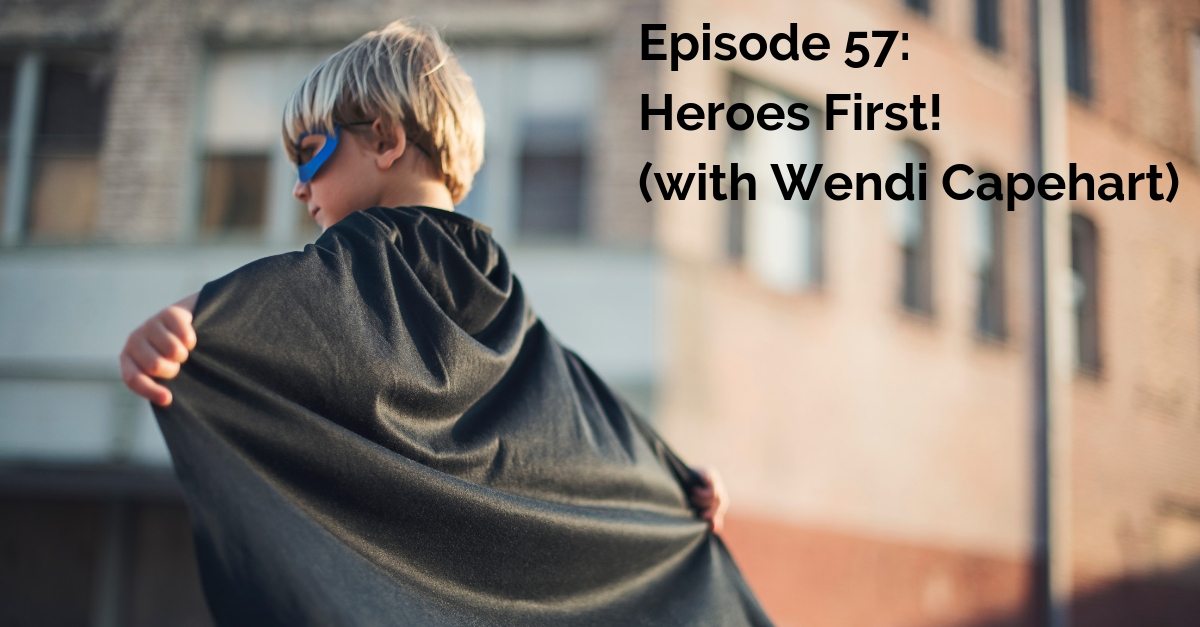
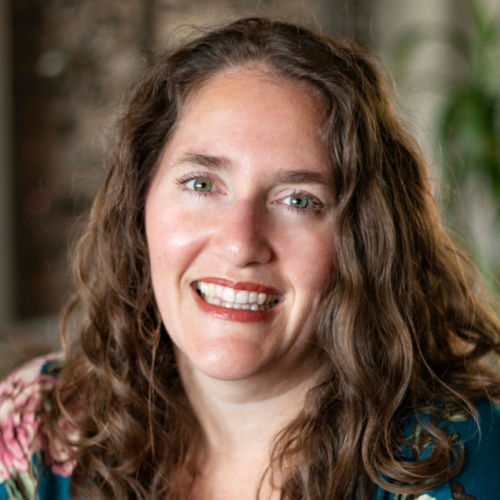

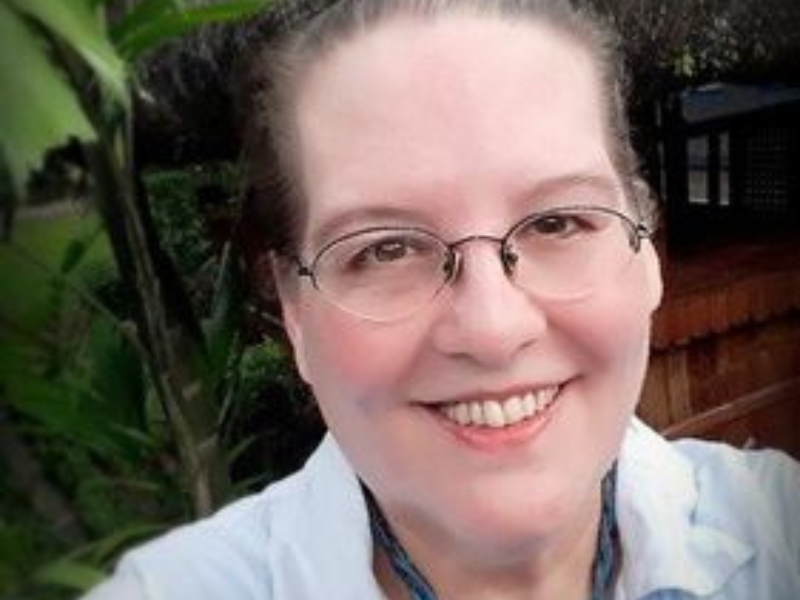

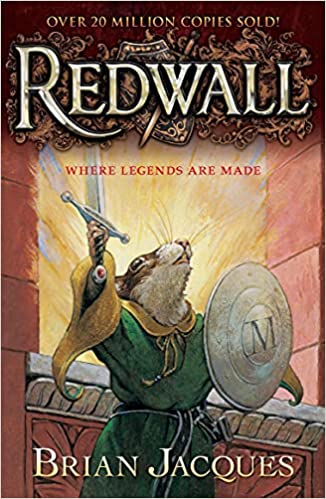
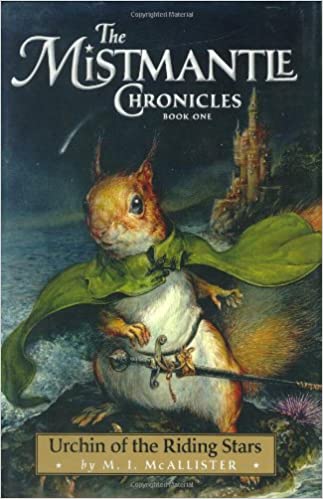
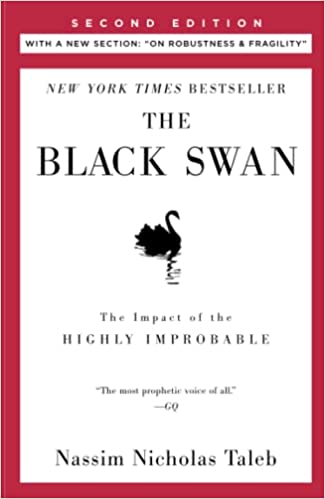
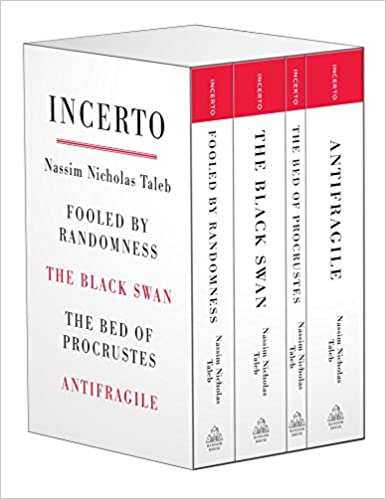
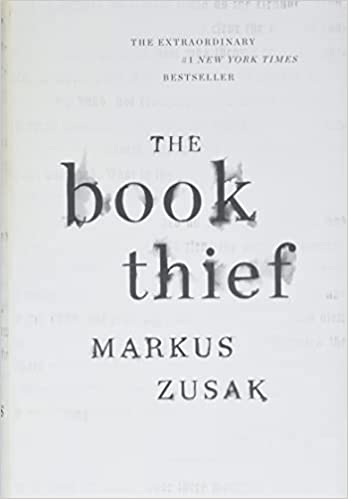
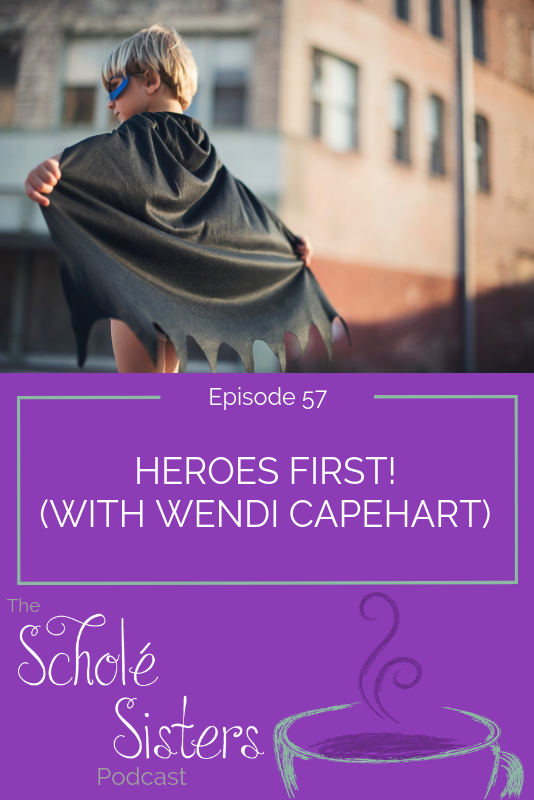
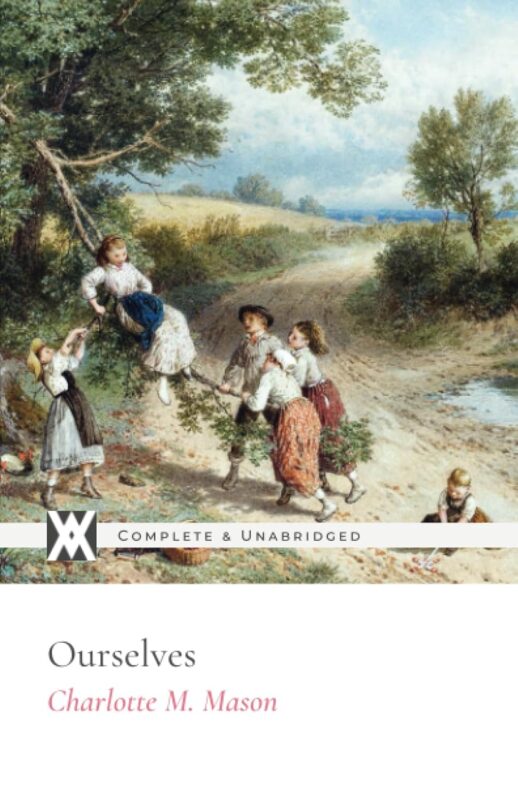
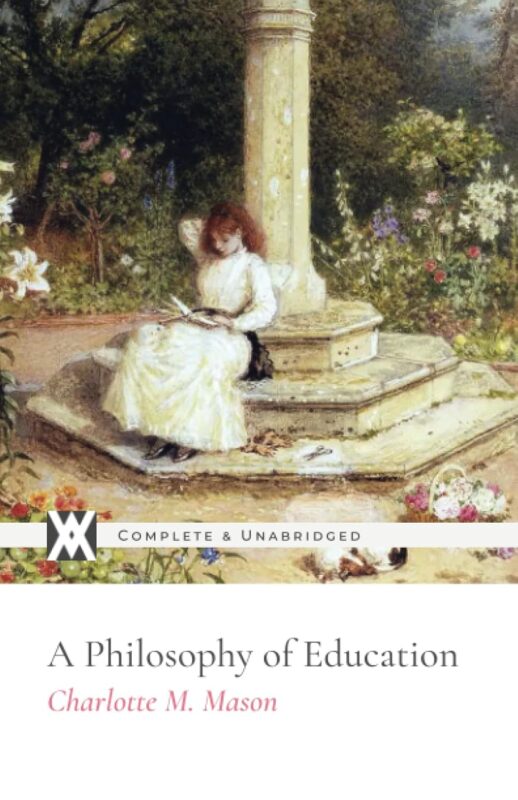
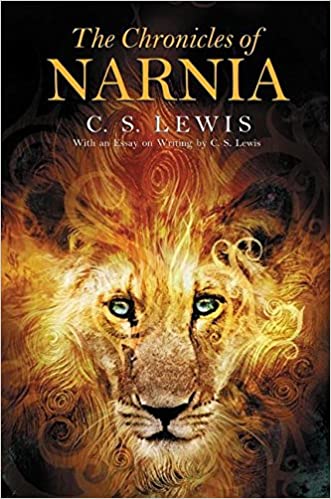
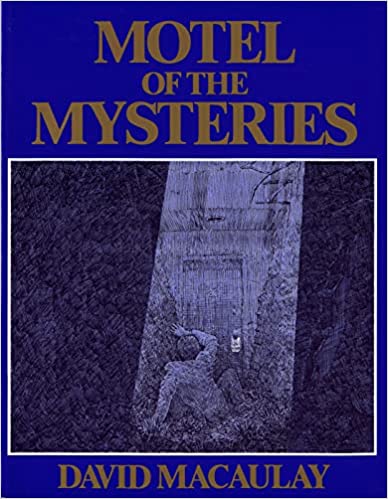
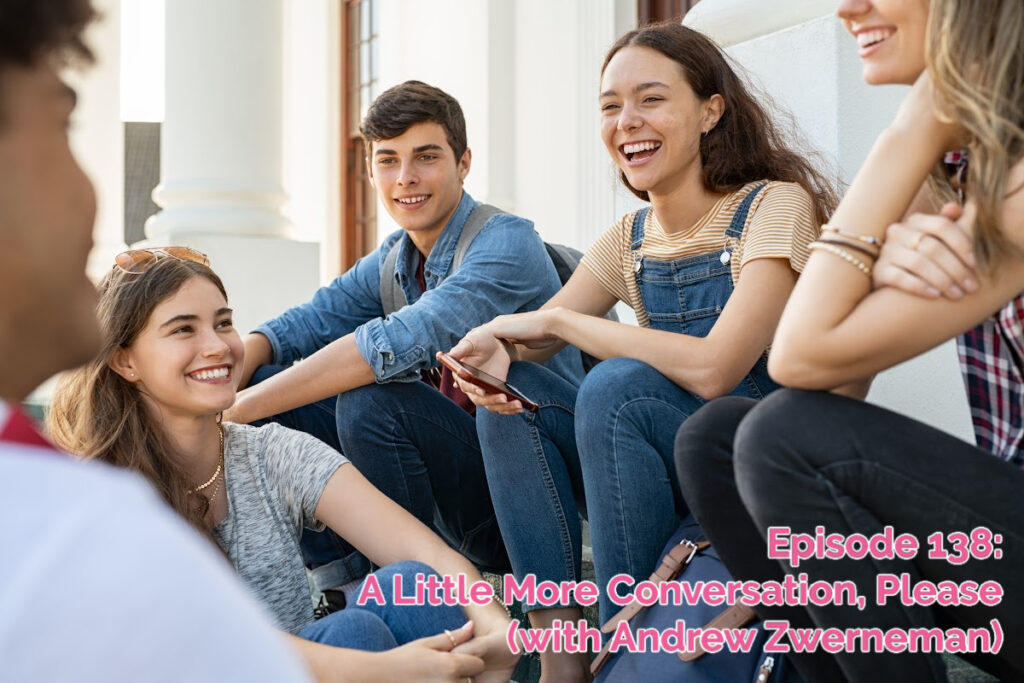


Hi Ladies!
I’m frantically searching my emails from Brandy and Mystie and the Schole Sisters…did I miss the Fall Schole Habit tracker?!? Did anyone make one for those of us who have come to rely on it? 🙂
Hi Miriam! I was late on that this season (sorry), but it’ll be out in the next couple days. When it appears, it’ll be here.
This really goes hand in hand with a podcast episode with Angelina Standford. (I don’t remember if it was with you all or another one). Classical education was never centered around history it was centered on Language. We should be reading the Fairy Tales, Myths, and Hero stories to our young children. But so much curriculum focus is on history and historical fiction. Historical fiction does have its place but they are not the good books that lead to the great books. Even in the episode that you speak about Dorthey Sayers the grammer stage started at 9/10 not at 5. I think as mothers who are home educating we want to give our children what we did not have. We want them to know history but our littles don’t understand or relate to it as we adults do (and older children). Even though there are many options to do history in a loop with all ages together doesn’t mean that is the best option for young children. There’s just a lot to weed through in the homeschooling world! Thanks for sharing! Excellend episode 🙂
We’re actually recording a follow-up with Angelina TODAY!